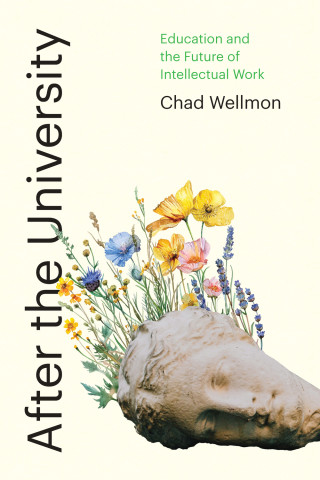
Reviews
A mature and wide-ranging reflection on the subject of literary forgery that demonstrates how the field might be developed in future years, this book offers privileged insights into the perennial feature of human inventiveness and perversity that is literary forgery. All the contributions are hugely entertaining and illuminate different sectors of the topic in a way which is very satisfying.
When does invention become fraud? Is it the author or the reader who perpetrates the falsehood? Tackling ghosts and impostures, texts manufactured to mislead, and historical writers made to speak falsely, this wonderful collection tastes the ripest fruits engineered for a new field of early modern study: the Bibliotheca Fictiva.
The essays gathered in this volume demonstrate that studying early modern European literary forgeries is a fascinating cultural adventure. Forged documents from the weighty tomes of Annius of Viterbo to the letter of the Virgin Mary for the citizens of Messina showed that forgeries were capable of representing a surprising variety of polemics.
Just as we can't help but admire the con artist's stings and scams, so readers of this wide-ranging collection of papers will take pleasure in discovering—thanks to the investigations of these learned academic Sherlocks—not only the ingenuity and chutzpah of some notable Renaissance forgers but also the possible reasons behind their impostures.
Literary Forgery provides a fascinating meditation upon the proliferation of spurious early modern documents that invented elements of the classical and medieval past and embellished aspects of the early modern world. Filled with deeply researched case studies of forgers and forgeries, this delightful volume explores the fluidity of fact and fiction. Welcome to the early modern 'House of Forgery'!
Fake news is old news. That's the testimony of this fascinating collection headlined by the world's greatest experts on learned and literary duplicity. Packed with erudition and up-to-date detective work, this book is also great fun.
Book Details
List of Illustrations
Acknowledgments
Introduction. Forgery's Valhalla
Walter Stephens and Earle A. Havens
1. Hoax and Forgery, Whimsy and Fraud: Taxonomic Reflections on the Bibliotheca Fictiva
Arthur
List of Illustrations
Acknowledgments
Introduction. Forgery's Valhalla
Walter Stephens and Earle A. Havens
1. Hoax and Forgery, Whimsy and Fraud: Taxonomic Reflections on the Bibliotheca Fictiva
Arthur Freeman
2. Babelic Confusion: Literary Forgery and the Bibliotheca Fictiva
Earle A. Havens
3. Forgery, Misattribution, and a Case of Secondary Pseudonymity: Aethicus Ister's Cosmographia and Its Early Modern Multiplications
Frederic Clark
4. Marvelous History: Authority and Credibility in Medieval Histories of Troy
E. R. Truitt
5. Forging Relations between East and West: The Invented Letters of Sultan Mehmed II
James K. Coleman
6. Fashioning Noah: How a Forger Turned an Etruscan God into a Biblical Figure
Shana D. O'Connell
7. Annius of Viterbo as a Student of the Jews: The Sources of His Information
Anthony Grafton
8. Exposing the Archforger: Annius of Viterbo's First Master Critic
Walter Stephens
9. Inventing Gallic Antiquities in Renaissance France
Richard Cooper
10. Material and Textual Forgery in the Lead Books of Granada
A. Katie Harris
11. Melchior Inchofer, S.J., and the Letter of the Virgin Mary to the Citizens of Messina
Ingrid D. Rowland
12. "Make Way for the Ghost!" Forgery, Patriotic Mythology, and the Living Dead
Kate E. Tunstall
13. England's Ireland, Ireland's England: William Henry Ireland's National Offense
Jack Lynch
Contributors
Index






